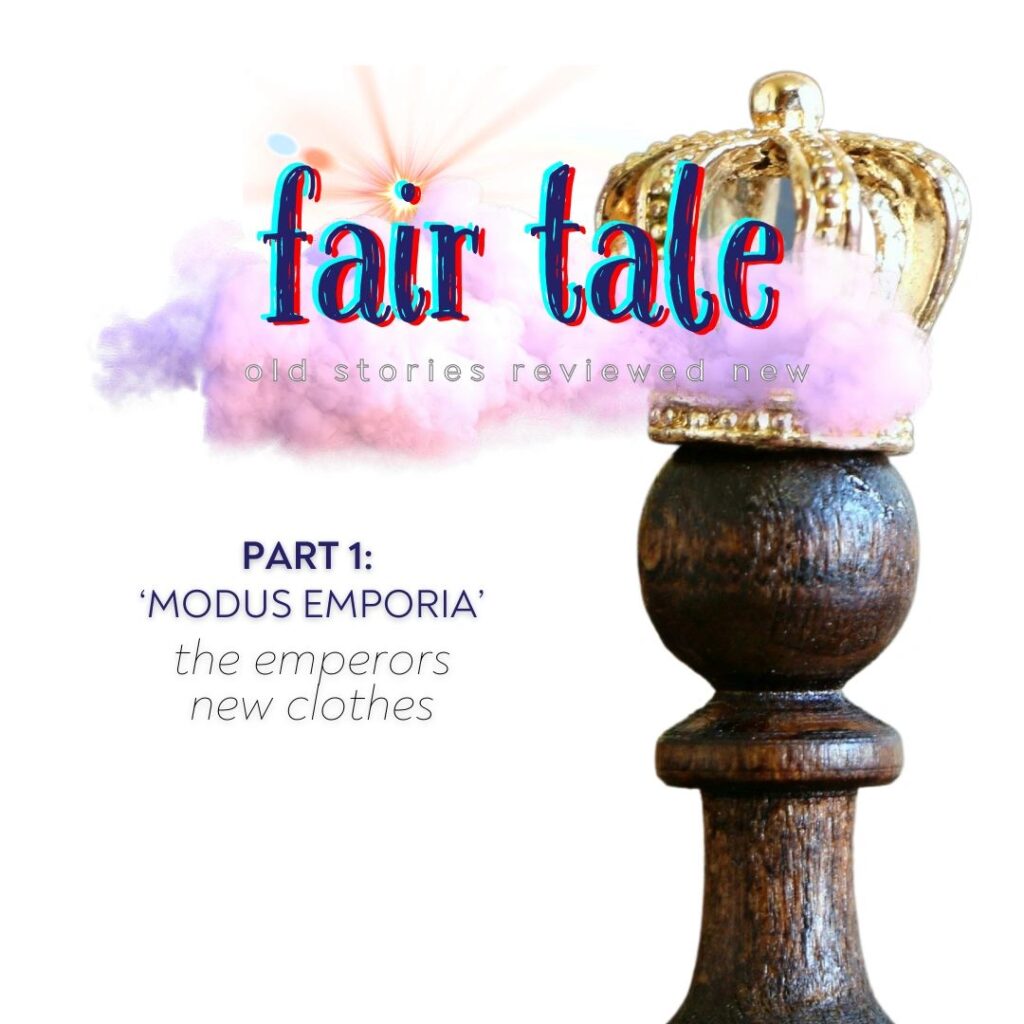Fairy tales hold a certain allure, don’t they?

When we think of them, images of Disney princesses, Halloween costumes, fantastical settings, and magical feats come to mind. We grew up immersed in these tales, conditioning us to regard them as mere children’s play or nursery rhymes. Over time, we convince ourselves that we’ve outgrown these stories, merely absorbing the moral they present at face value. This perception tends to be the prevailing attitude toward fairy tales.
However, dismissing them outright might be an oversight. Are we truly extracting all their worth? What if we revisited our childhood stories with fresh eyes?
In our more serious considerations of storytelling, where do we place Aesop’s cunning crows, wily foxes, and tales of sour grapes? What of Homer’s epics, the Odyssey and the Iliad? Or Moses’ Genesis? Even Christ’s parables and sermons, along with the lexicon of “so and so walks into a bar” jokes, or comic novels—are these forms of storytelling fundamentally different from fairy tales? They are all part of the vast tapestry of myths and oral traditions passed down through generations, crafted by the wise. They are vessels teeming with admonishment and truth, reminding us that there is indeed “nothing
new under the sun.” Perhaps discarding storytelling from our childhood is a regrettable mistake.
Remarkably, therapy often unearths insights stemming from contemplation on fairy tales. Recently, during a therapeutic dialogue about interpersonal dynamics, I recalled a particular allegory.
Allow me to illustrate:
In a story, a pair of con men, posing as tailors, gain the confidence of an emperor devoid of any discernment. Forsaking reason and objectivity for flattery and sycophantic praise, he becomes blind to the non-material reality of his new clothes. Until, during a proud and shameless parade of triumph, a naive child, perhaps complicit or complacent like the courtiers and crowds, bursts out laughing, exclaiming, “That man is naked!” Somewhere nearby lies a child’s understanding that had yet to awaken.
Who is the villain, and what lesson does this tale impart? There might not be a singular correct answer. Consider these questions when pondering the tale:
- What is the moral?
- Does it instruct me?
- With which group of actors do I identify in my interactions with others?
- How would I engage with each actor?
These inquiries highlight one of the gems within this tale—the multitude of characters, each with distinct motives and resulting consequences. While many kindergarten teachers and caregivers emphasize the warning against pride, the richness lies in comprehending the varied motivations of each character and the implied consequences and intentions.
Let’s dissect the characters, intentions, and consequences from start to finish. As the story unfolds, we witness a spectrum of intentions and consequences, from one extreme to another:
- Con-men tailors: Malicious greed leads to wealth without substance.
- Emperor: Seeking praise for nothing, receives only empty accolades.
- Complicit Court: Fearful of losing power, pretends powerlessness.
- Complacent Crowd: Sees beyond the superficial, acknowledging reality.
- Becrying Boy: Calls out the absurdity but fails to recognize his own.
Does a second look at this tale reveal anything new? Does it evoke fresh thoughts? Can you spot additional layers or previously unnoticed perspectives? Are there elements of your own relationship dynamics mirrored in this tale?
So, what’s the crux of all this? It’s not about singling out one sole lesson or moral value. Countless versions of every story exist, each guiding us toward different values and intentions. I chose to begin with this tale as it implores us to introspect, understanding our own modus operandi and stance in relation to the tales we encounter. It urges us to recognize how our empirical view of the world often blinds us, shaping our identity and perceptions.
In essence, by examining these tales through adult lenses, I aim to encourage thoughtful reconsideration of what we’ve discarded as devoid of value. Revisiting them might unearth wisdom beneficial for our self-understanding and the power of altering our perspectives.
By shifting our stance, we gain a renewed outlook.
Should my writing remain consistent, I hope you derive some benefit from my series, “Fair Tales: Old Stories Revisited Anew.” I warmly welcome your comments and insights. Should you desire further information about counseling, coaching, or potential collaboration, please reach out via email at david@reamtexas.com.

